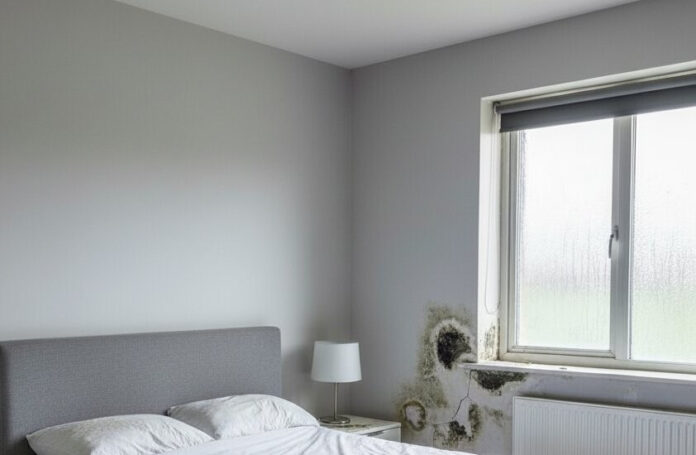Almost 430,000 social rented homes in England are failing to meet minimum quality requirements, according to new analysis by property technology firm Inventory Base, raising questions about how effectively new legislation can be enforced.
The research, based on the English Housing Survey, shows that one in 10 social homes still falls short of the Decent Homes Standard (DHS) – more than two decades after it was introduced.
The DHS sets out baseline expectations for social landlords, covering health, safety and repair standards, with non-compliance carrying the risk of fines, enforcement notices and even criminal prosecution.
AWAAB’S LAW
The findings come just weeks before the introduction of Awaab’s Law on 27 October, which will require social landlords to fix emergency hazards – such as damp and mould – within strict timeframes.
The law was passed following the death of two-year-old Awaab Ishak in 2020, after prolonged exposure to mould in a Rochdale housing association flat.
While the legislation has been widely welcomed as a step forward for tenant safety, its effectiveness is already under scrutiny.
Enforcement depends heavily on landlords being notified of problems, often relying on tenants to report them.
Campaigners warn that without proactive inspections, hazards may go unaddressed until they reach crisis point.
In 2013, around 593,000 social homes failed to meet the standard. By 2023, the number had fallen by 27.8%, yet Inventory Base’s latest forecast suggests 405,000 properties will still be classed as “non-decent” by the end of 2025.
HARD TRUTHS

Sián Hemming-Metcalfe, operations director at Inventory Base, said: “This persistent gap underlines a hard truth: legislation alone cannot drive meaningful change without robust enforcement and proactive management,
“Awaab’s Law is a vital step, but unless landlords move to regular inspections, comprehensive logging of issues and auditable digital workflows, the delays that have plagued DHS compliance are likely to resurface.”
The implications extend beyond the social sector. The Government’s planned Renters’ Rights Bill is expected to impose tougher standards across the private rental market, intensifying the need for digitised, standardised property management.
Hemming-Metcalfe added: “Transparency and timely action are no longer optional. They are operational necessities in an era of heightened scrutiny.”



